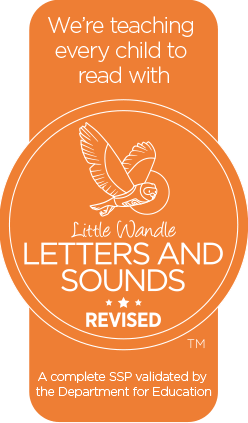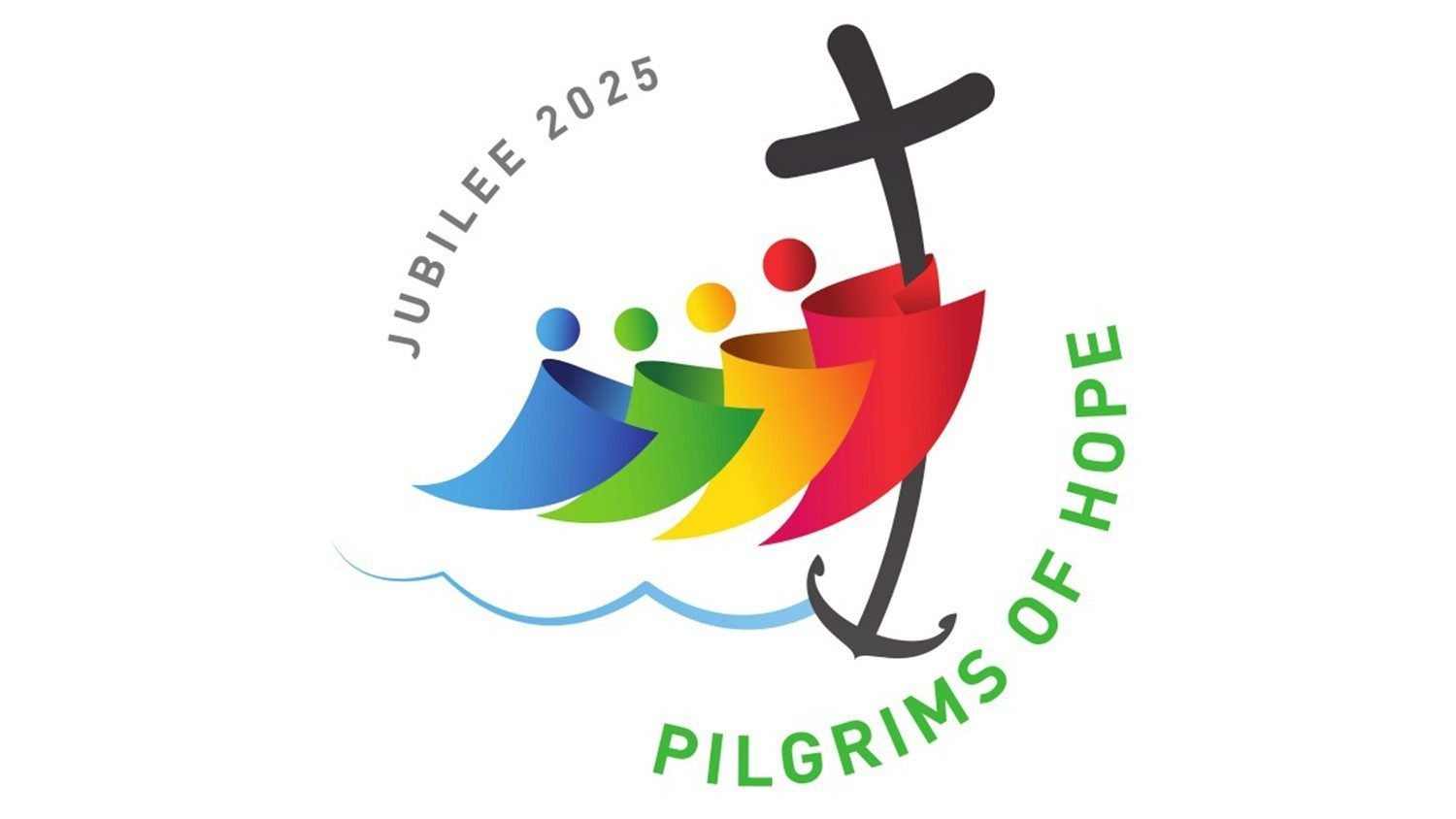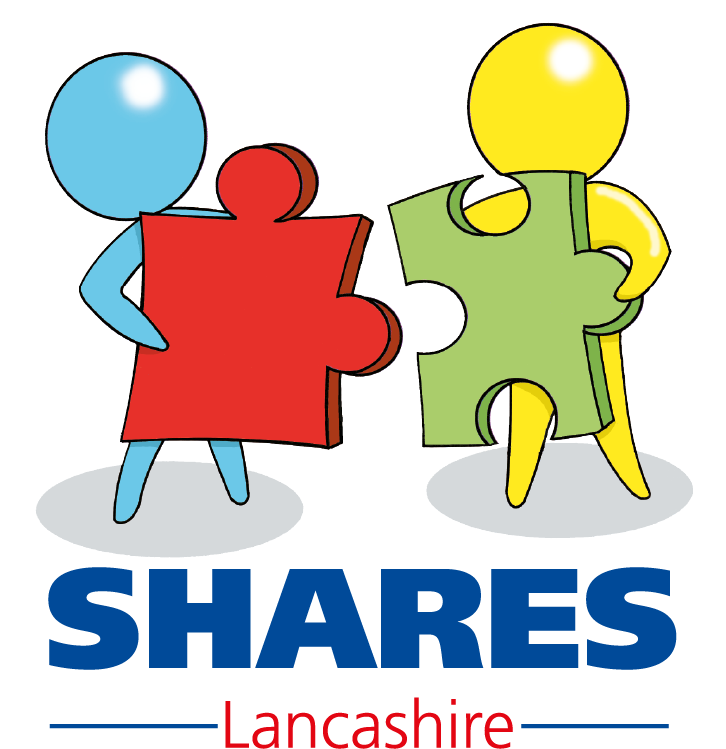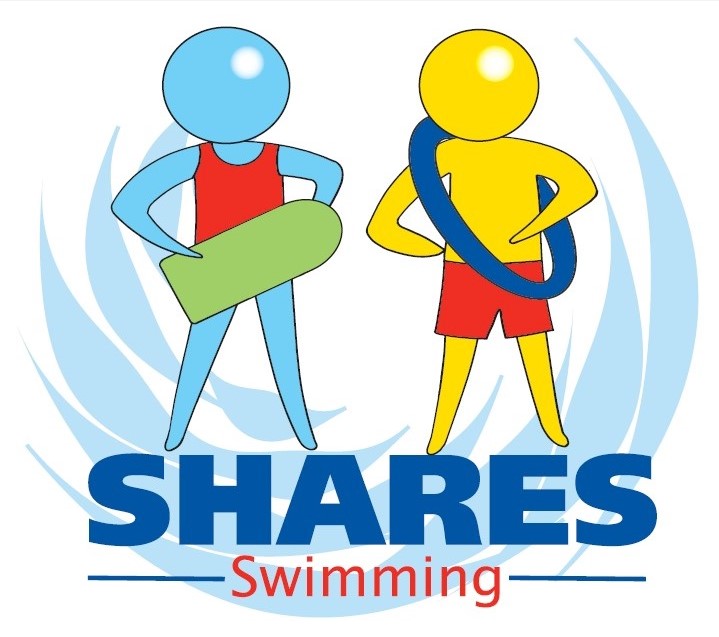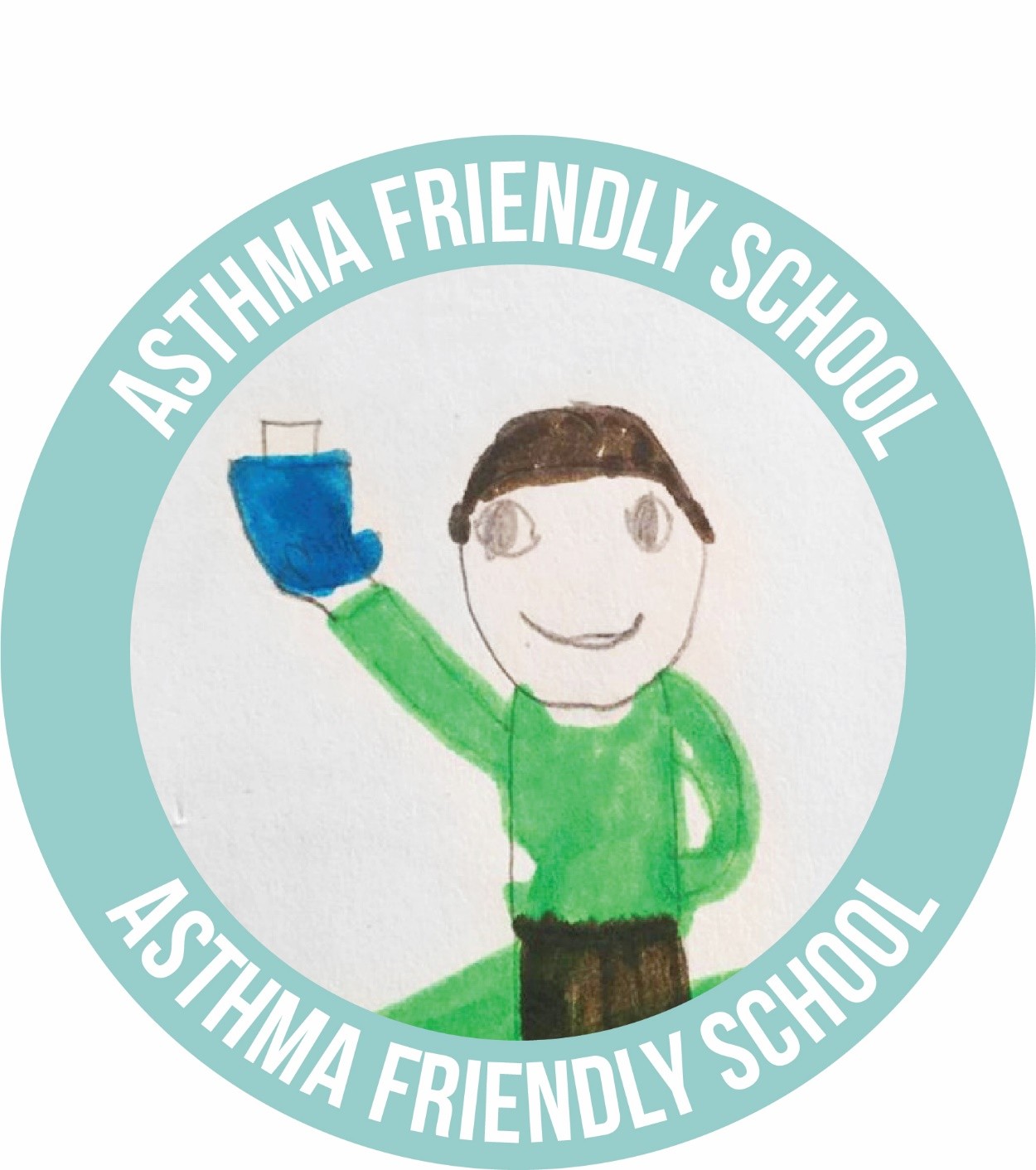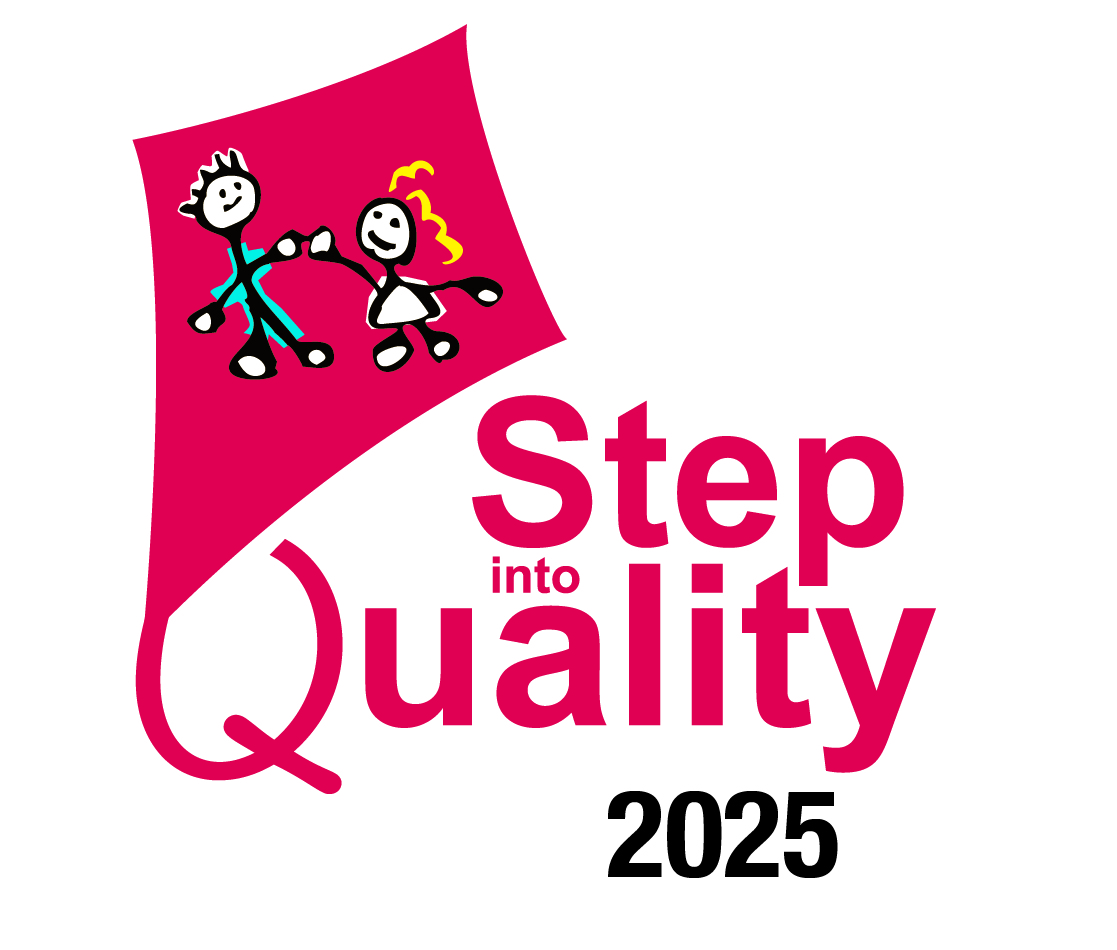
St. Edmund’s Catholic Primary School
History Intent Document
Intent
At St Edmund’s Catholic Primary School, we are HISTORIANS! We want our children to be passionate about History and to learn about and from the past. We want them to have no limits to what their ambitions are and grow up wanting to be archivists, museum curators, archaeologists or research analysts. We recognise the key role that History plays in equipping our children with skills that they can use for life, allowing them to understand change and developments over time. We aim to inspire the children’s curiosity to know more about the past, encourage them to ask questions and enable them to have a better understanding of the society in which they live and that of the wider world.
Our curriculum document enables children to develop their interest, knowledge and understanding of History through the reoccurring concepts of: Civilisations, Childhoods, Migration and Justice and Equality. The disciplinary knowledge is developed from EYFS through to Year Six, through the age-related skills of chronology, interpretation, enquiry, using sources, communication whilst developing an understanding of the disciplinary knowledge cause, consequence, change and continuity, similarities and differences and historical significance.
The children will develop their Historical skills, by using a wide range of primary and secondary sources of evidence, artefacts, interactive resources, educational visits and timelines to answer and develop questions about the past; place the events within a time frame and communicate their findings.
Implementation
Each unit is built around a selected ‘concept’ and a ‘big question’; both of which are interlinked. The unit begins with a ‘curiosity’ session. Following this, the children will move on to developing their age-related skills in ‘chronology’, ‘interpretation, enquiry and using sources’. The unit will conclude with the ‘communication’ of the children’s findings in relation to the ‘Big Question’. This could be in the form of the written word, a debate or artwork. This will allow all our children to develop their historical skills and knowledge to a greater depth.
We teach our children in mixed aged classes; therefore, substantive knowledge will be taught over a two cycle (A & B). The disciplinary knowledge is age-related, so that all children can develop their Historical skills in a linear progression.
Appropriate vocabulary has been selected, which will be taught during daily vocabulary sessions, to ensure a greater understanding of the subject area. These words will be revisited and taught in different contexts, so that the children develop a deeper understanding of their meaning and they become tools with which the children can access the knowledge, skills and understanding the curriculum demands.
Opportunities to practice and embed skills are planned for so our children have an opportunity to revisit and refine their historical skills throughout the academic year and make valuable links between areas of study.
Impact
Our History curriculum offers high quality and well-planned lessons, which encourage progression. Key vocabulary is embedded in each lesson. Continuity and progression in the curriculum are built around substantive and disciplinary knowledge within History. These are broken into year group expectations.
In order to ensure our aims have been met, we scrutinise learning through:
- Assessing children’s understanding of the topic including linked vocabulary before and after the unit is taught. – Prior and Post learning activity.
- Talking to children during the lesson to ensure they have understood the learning objective – Assessment for learning.
- Mark completed work – Assessment for learning
The above enables the teacher to make an informed judgement on the children’s understanding and record their geographic ability on the school tracking tool ‘itrack’.
History Documents |

